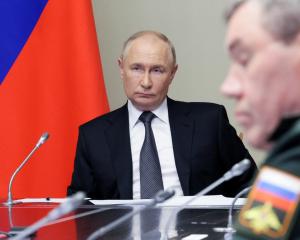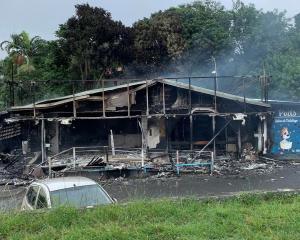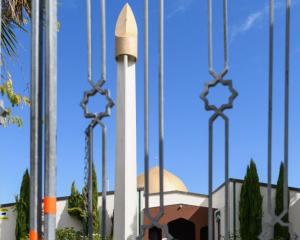More is at stake than a football win or loss when it comes to United States secretary of state Antony Blinken’s discussions with New Zealand on the sidelines of the Fifa Women’s World Cup.
This week, Mr Blinken made his first official visit to New Zealand to watch his country play football and hold talks with this country’s Prime Minister Chris Hipkins and Foreign Minister Nanaia Mahuta.
‘‘I think the stakes are huge,’’ Prof Patman said.
‘‘If we did get strong-armed into joining pillar two of Aukus, that could blur our brand as a non-nuclear security player.’’
Prof Patman said New Zealand has successfully branded itself as a non-nuclear country when it comes to security.
Watch full interview here:
The Australia, United Kingdom Australia and the United States (Aukus) security pact, with a focus on the Indo-Pacific, is viewed by Asean and Pacific Islands states as triggering nuclear proliferation because it will give Australia access to nuclear-powered submarines.
Because of that, ‘‘a number of players in the Indo-Pacific are watching us very carefully’’.
Prof Patman says New Zealand has insisted it will not renege on its commitment to non-nuclear security.
‘‘I think New Zealand may be trying to make the case to Mr Blinken that we are of greater value outside of Aukus, to the United States, than we are if we became a member.’’
On this episode of Global Insight, Prof Patman also addressed other topics likely to be discussed during Fifia-sideline talks between Hipkins, Mahuta, Blinken and Australian Prime Minister Anthony Albanese; the growing role of sports in international politics, and the value to New Zealand of co-hosting the Fifa Women’s World Cup.











